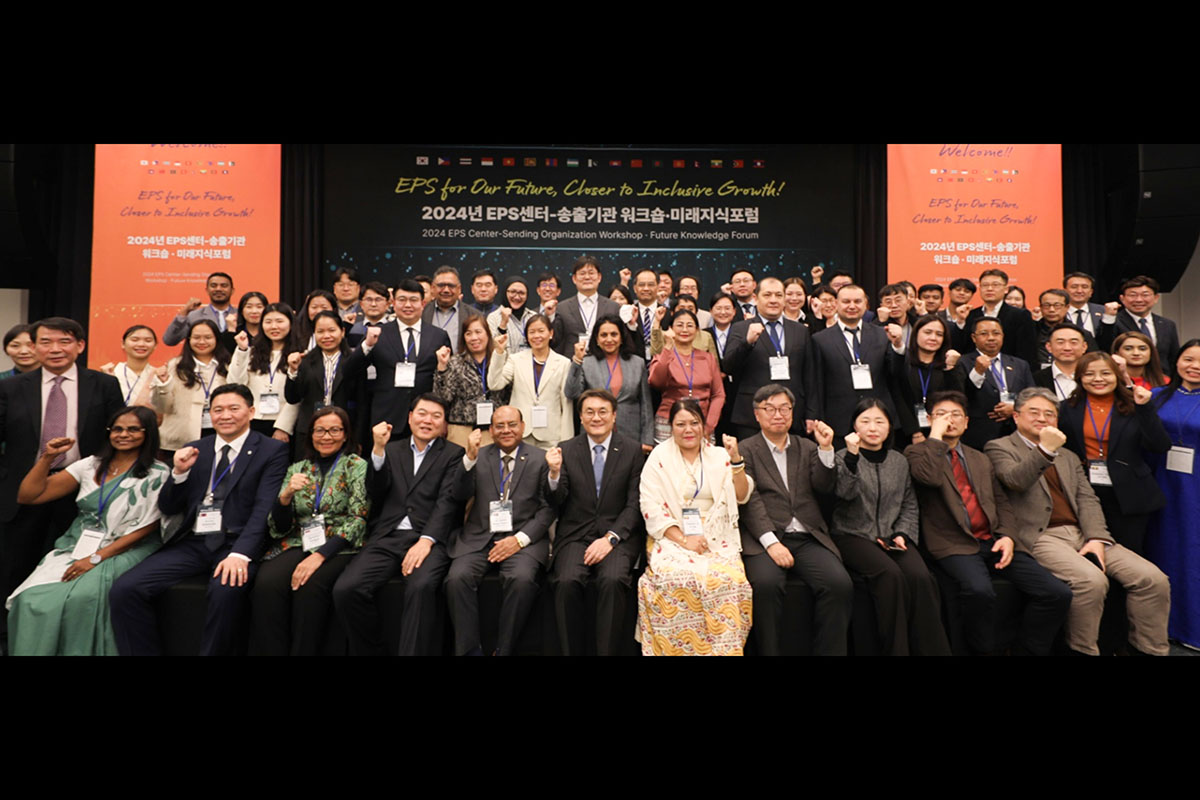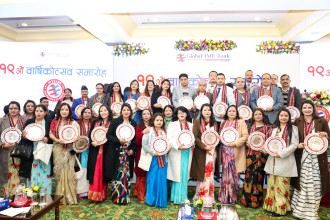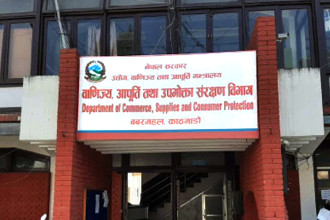
KATHMANDU: South Korea, officially known as the Republic of Korea (ROK), has become an increasingly attractive employment destination for Nepali youths, driven by the country's sustained economic growth. The rising number of Nepali youths taking the mandatory language test for employment in South Korea underscores this trend.
Since 2008, the ROK has been hiring Nepali workers through the Employment Permit System (EPS). To date, 919,631 Nepali youths have applied for the Korean language test, with over 900,000 applications since the EPS's inception. In 2024 alone, 199,113 individuals applied for the test, and 548,771 participated.
Over 100,000 Nepalis Employed in South Korea
The number of Nepali workers heading to South Korea under EPS continues to grow. According to Maiya Kandel, Director of the EPS Korea Section, 155,44 Nepalis, including 98,310 men and 7,243 women, have secured employment in South Korea. In 2023, a record 19,689 Nepalis left for South Korea, making Nepal the leading country in sending workers abroad. In the first seven months of 2024, 4,285 Nepali workers have already departed for the ROK.
South Korea recruits workers from several countries, including Nepal, Indonesia, Vietnam, Thailand, the Philippines, Sri Lanka, Mongolia, Uzbekistan, Pakistan, Cambodia, China, Bangladesh, Kyrgyzstan, Myanmar, Timor-Leste, Laos, and Tajikistan under EPS. Nepal received the 'Best Practice Outstanding Award' in 2015.
A ministerial-level agreement between Nepal and South Korea in 2007 facilitated the employment of Nepali workers in South Korea through EPS. Currently, around 50,000 Nepali workers are employed in South Korea. The employment agreement is renewed every two years, with the latest renewal in 2022.
Low Illegal Residency Rates
Compared to other destinations, the number of Nepali workers living illegally in South Korea is low, due to effective labour law implementation. The ROK employs Nepali workers in three categories: language test, Computer Based Test (CBT) after returning from employment, and returning to the same company after completing a full period without changing the company.
To work in South Korea through EPS, each worker must pay approximately $1,350 for examination, health check, application form registration, visa, insurance, air ticket, and initial training. Workers can stay for four years and 10 months, after which they must return home.
Director Kandel noted that while Nepali workers were initially employed in agriculture, animal husbandry, and production sectors, South Korea has recently expanded employment opportunities to include the ship service sector and plans to further expand into the forest and service sectors.
Challenges in Securing Employment
Despite passing the language test and submitting employment applications, many youths face challenges in securing jobs in South Korea. According to the EPS Korea Section, only 18,020 out of 42,059 applicants on the roster since 2022 have been selected by employers. If candidates do not secure employment within two years of passing the language test, they must retake it.
According to the EPS Korea Section, 24,039 individuals remain unselected by employers. Of the 691 individuals who switched to the service sector, only seven have secured employment.
Director Kandel emphasised the need for initiatives to send more workers to productive sectors such as agriculture, animal husbandry, ship service, forestry, and other services. She suggested that the annual language test schedule should be approved and made predictable. Additionally, Kandel called for diplomatic efforts to ensure that the number of test passers aligns with those who secure employment in South Korea.
By RSS






